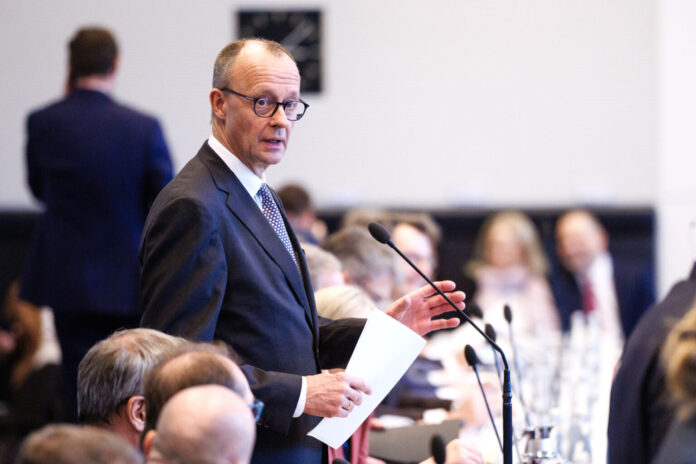We throw 62 pounds of food into the trash per year
When the trash is somewhere in a drooped sandwich, a withered apple or the rest of the week’s lunch, few people think about how much damage to the planet in the long run. Not only is it a waste of energy, but also excess expense and greenhouse growth. The Earth has never been so exposed to over-consumption, which is also very related to food waste. Below we have collected four tips to protect our planet throughout the year.
1. Buy less food!
At a global level, huge amounts of food and ingredients do in the trash instead of consumption or use, but most of the waste could be prevented by more conscious shopping and sustainable approach, not to mention its economic benefits.
THE National Food Chain Safety Authority (Nebih) A survey reveals that a Hungarian adult produces an average of 62 kilos of food waste per year. This corresponds to the weight of nearly 4,000 blue whales for the entire population, and this shocking data illustrates the burden of food waste for the environment and households.
According to Eurostat data, more than half and about 54%of the food waste is produced by households in the European Union and the remaining amount of waste from the rest of the food supply chain. In Hungary, this number is even higher, with a share of 70% of households from the formation of the entire food waste.
It also shows from the research of Nebih that ready-to-eat meals, bakery goods, fresh vegetables and fruits, and dairy products give most of all food waste (82.5%). In addition, 41.6%of all food waste (25.8 kg/person/year) would be avoided-whether smaller, only to buy or save the remainder.
For the latter, many rescue tricks can be used: the fried vegetables can be used to make cream soup, the remaining fried chicken is a hot sandwich and the dry bread can be made from bread pudding.
On average, Hungarians throw a glaze of food into the trash
2. Do not pay the planet to lack the shopping list!
The day of over -consumption indicates when the population has survived the available resources in that year. The situation is rapidly deteriorating year after year. Humanity uses natural resources faster than the planet is able to reproduce in the same amount of time: while in 1970 it was December 23, and in 2024 it was August 1. And in Hungary, the situation is even more drastic: the annual amount was consumed by the population last year on May 24.
All this shows that When you buy two more yogurt « It will not consume it, » the planet is one step closer to the day of over -consumption, which can bring extremely serious consequences in a short time.
Excessive amount of food purchase can be avoided by designing the Weekly menu and making a shopping list. Plus point if you choose a sustainable packaging, such as glass.
However, over -consumption is not only related to food, it also applies to buying other products such as clothes or electronics.
Getting the latest smartphone or television, while the model years ago works perfectly, puts the planet an unimaginably heavy load.
3. Don’t just save food or resources!
The fate of the food waste begins with the trash can, but its path does not end. This step becomes unnecessarily produced food, and this environmental burden contributes to climate change, excessive water consumption and, where appropriate, over -use of land.
It should not be overlooked that when a food is not consumed, its cultivation, harvest, transport, production, packaging, storage and commercial energies are also wasted. In fact, in many cases, it is accompanied by extremely slowly degradable plastic packaging, which, similarly to manufacture, requires high amounts of energy and water.
A study published in Nature Climate Change has shown that greenhouse gas emissions are mainly from three sectors: animals such as cows, sheep and goats, dairy products and rice.
Decisions – for example, a meat -free day a week or children’s awareness – can provide them with a more sustainable future.
4. Choose one dose from ready meals!
« Avoiding sustainability and food waste is good not only for the planet but also for our wallets. As an entrepreneur and a private person, I feel a lot of conscious shopping, a simple shopping list, or if we don’t waste it: we free to sustainable everyday life ” – recommends Éva Kertész Annamária, an expert at Polcz, who is a successful Hungarian entrepreneur to promote sustainable meals.
The weight of food waste is increasingly difficult on the planet, so it is necessary to keep in mind that every step can relieve it. Therefore, it is common interest to change this as soon as possible and develop more sustainable, conscious consumption habits.




